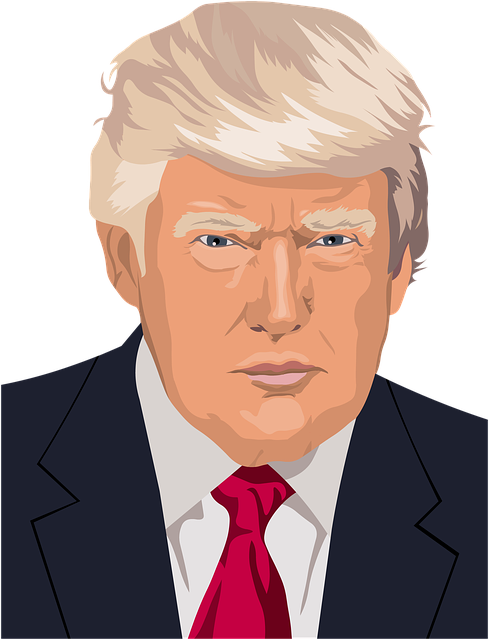In a highly contentious trial that has captured the nation’s attention, former President Donald Trump has entered a plea of not guilty to charges of plotting to overturn the 2020 election loss. This landmark legal battle has significant ramifications for American politics and has sparked heated debates across the nation. In this article, we delve into the case, its implications, and the arguments made by both sides.
Understanding the Allegations:
The charges against Trump stem from his actions following the 2020 presidential election, which saw him lose to Democratic candidate Joe Biden. The prosecution alleges that Trump, in an unprecedented move, actively conspired to overturn the election results in his favor. This accusation centers around his repeated claims of voter fraud and the controversial phone call to Georgia’s Secretary of State, where he urged officials to “find” enough votes to overturn the state’s results.
Trump’s Defense:
Trump’s legal team maintains that the charges against him are politically motivated and lack substantial evidence. They argue that Trump’s actions were well within his rights as a citizen to question the election’s integrity and seek legal remedies. They assert that the former president was merely exercising his freedom of speech and was not involved in any criminal conspiracy.
Political Implications:
The trial’s outcome carries significant implications for American politics. If Trump is found guilty, it could set a precedent for holding high-ranking officials accountable for their actions and potentially reshape the relationship between politicians and the democratic process. On the other hand, if he is acquitted, it may bolster the argument that such trials are politically motivated, further polarizing the nation.
Public Reaction:
The trial has divided public opinion, with Trump’s supporters rallying behind him, viewing the case as a political witch hunt, while his detractors see it as a necessary step towards accountability. Social media platforms have become battlegrounds for debates, with hashtags and discussions dominating the online landscape.
Media Coverage:
Media outlets from across the political spectrum have extensively covered the trial. News agencies have provided daily updates on the proceedings, presenting analyses from legal experts and political pundits alike. This media attention has amplified the trial’s significance, with discussions permeating every aspect of public discourse.
Conclusion:
As the trial of Donald Trump unfolds, it remains a critical moment in American history. The charges of plotting to overturn the election loss are a stark reminder of the divisions that continue to persist in the aftermath of the 2020 presidential race. Whatever the trial’s outcome, its implications for the nation’s political landscape and the discourse surrounding accountability in politics are undeniable. As Americans, we must pay close attention to this case and engage in constructive dialogue to navigate a path towards unity and understanding.












